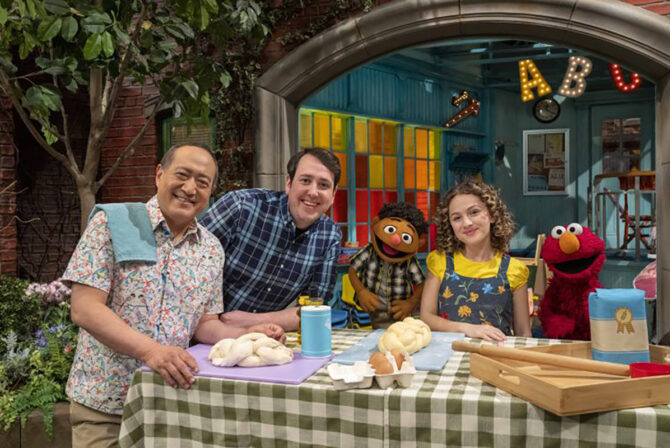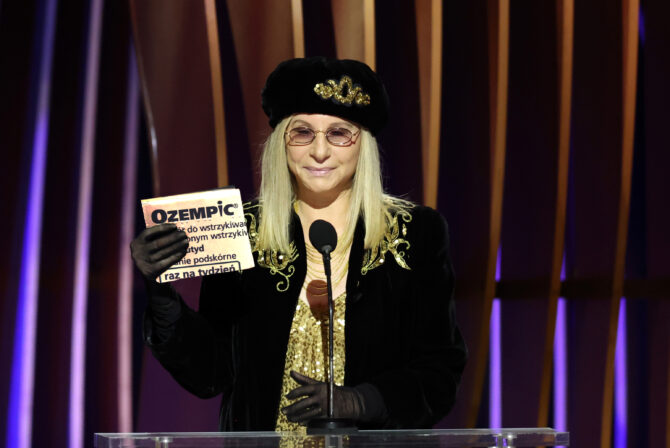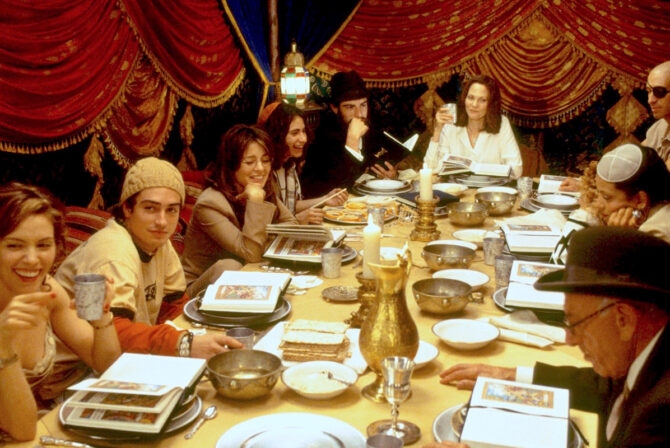I recently made a new friend at my son’s preschool. We just moved to a new town and I was excited and anxious to meet new people, find our groove, and get into a new routine. In the first days of our acquaintance, my friend–who was also new to the area–e-mailed me to say that she was excited to find someone with the same worldview and the same sense of Jewishness.
My heart sank as I read her lines. Here it was again: that feeling of being an impostor, a wannabe, a fake. I wanted to immediately clear the air between us, but how to explain my complicated relationship with my own Jewishness?
When we first moved here and I was looking for a preschool for my son, I was relieved to find a Jewish nursery school just down the street from our apartment. When we visited I immediately felt comfortable and I knew that beyond finding a school, I have found a community for my little family. I am not sure what made me believe that, but it was the one certain thing I clung to amidst all the uncertainties of moving.
So my new friend was not wrong in assuming that I was Jewish, especially because later that day we ran into each other again at a Shabbat service for children.
I am Jewish. I like to say I am Jew-ish, not because I want to make light of it, but because I am not sure if I have the right to call myself Jewish. My mother is Jewish. Her mother was Jewish and was made to march from Budapest to Vienna in the fall of 1944 and then packed on a train to Dachau. I never met her, but I grew up with stories about her told by my grandfather in great detail and with great love. There were daring escapes during bombings, hiding places in factory attics, loss, death, miraculous reunions, and life beyond the horrors of war. I remember older relatives who visited during my childhood who still had tattooed numbers on their wrinkled forearms. I still know all of my grandfather’s stories and I doubt I will ever forget them.
But I have no idea what one does on Friday evenings with the candles and the challah and the wine. (Is there wine?) I have vague ideas about Yom Kippur and Passover and Purim. Very, very vague ideas. I don’t know songs, I don’t know prayers, I don’t know stories. I have never celebrated Hanukkah.
I grew up–like many of my generation in Eastern Europe, I assume–in a family trying to leave behind what happened during World War II and to assimilate into a secular society. We celebrated Christmas and never really discussed religion beyond my grandfather’s stories. In school I studied “history of religion” and my parents left it up to me to believe or not.
And for a long time I didn’t really think about any of it. It just wasn’t that important to ponder what I believed, or where I came from. But now that I have my own child, believing or not, and defining roots become urgent matters. What do I tell Sam? Here he is, going to a Jewish school–because that’s what I feel comfortable with for whatever reason–and he celebrates Shabbat every week with his classmates and teachers, and I am sure pretty soon he will know more about Jewish holidays than I do. But he also has four Christmases behind him and I will have to find a way to make sense of all of this for him.
When I was growing up all of my family’s history was around me. It was in stories, it was on our street inside what once was the Budapest ghetto, where some of the buildings are still riddled with bullet holes. Even if I didn’t celebrate the holidays or didn’t know the traditions, just being in the place and in the time ingrained in me something that’s hard to define. Call it belief, call it culture, call it tradition. It’s in me and that’s probably why I found the thought of a Jewish school comforting.
But what about Sam? He lives cut off from his history–half American, half Hungarian and just as far from his rural Pennsylvania roots on his father’s side of the family, as he is from his Eastern European Jewish roots. He will grow up free from history, but probably also unanchored without its weight and guidance. I came to this country as a college student 20 years ago, but now as an adult I feel the loss of my roots. I want Sam to have something to hold on to, however distant or foreign it might seem to him.
And so I feel like I have to make a decision about my own beliefs and where my heart pulls me. Instead of waffling and feeling like an impostor, I need to embrace what I don’t know, learn more, and participate.
I have to admit that a part of me is reluctant, because to me being Jewish is still something that is hush-hush. My parents almost sent me to a Jewish high school in Budapest decades ago, but then decided against it because they didn’t want my name to appear on any lists associated with being a Jew. And now I am contemplating joining a synagogue and I am sending my child to a Jewish school. How do I reconcile these parts of my history and keep moving forward in this great, big freedom of America? How do I honor and pass on my family’s history–my grandfather’s stories, my grandmother’s memoirs written shortly after she was liberated from Dachau, the stories of great-aunts and uncles whose families perished? What would they want me to do? What would they think about my desire to reclaim their past as mine?
I am not sure of the answers yet. But I feel the obligation, the duty to find a way to teach Sam that he is a part of something big and important. And that, surely, must be a Jewish tradition.
Like this post? Get the best of Kveller delivered straight to your inbox.







